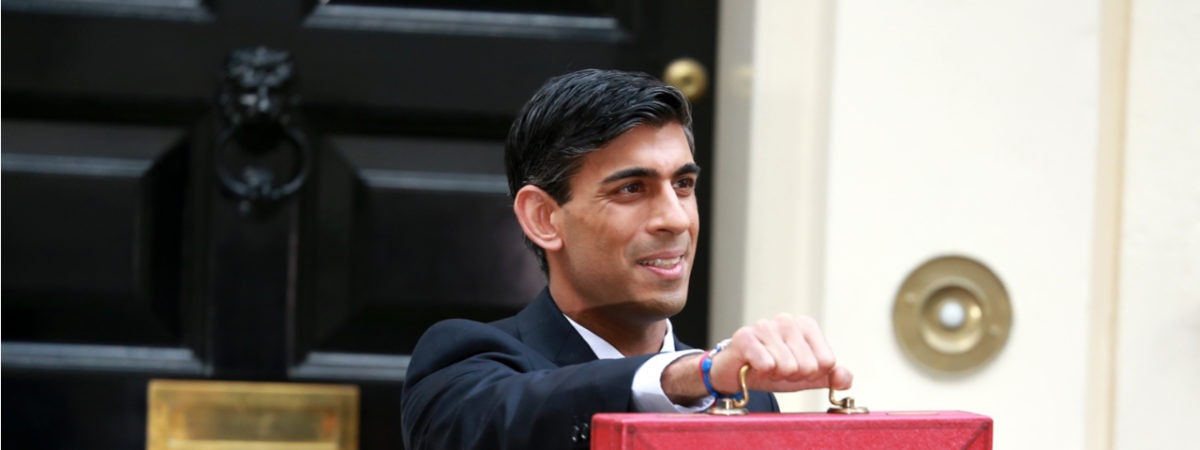TUC demands could “distort labour market” and lead to higher taxes, says IEA expert
SUGGESTED

Julian Jessop quoted in the Daily Mail

Dr Richard Wellings quoted in the Daily Express

“Come rain or shine, you can always rely on the TUC to demand higher pay for public sector workers and an increase in minimum wages.
“Oblivious to the current crisis, they tell us that ‘cutting rises’ in public sector pay would mean less spending power for workers. But without pay restraint public spending will increase still further and this will ultimately mean higher taxes, with somebody else – mainly other workers – having less spending power.
“Higher public sector pay in poorer regions makes it more difficult for private sector employers to recruit workers and makes investment in these areas much less attractive. We need an end to national pay settlements that continue to distort the labour market.
“Although it is important that we recognise the service of key workers in the public sector for their efforts during the pandemic, we should not forget that many private sector workers, such as supermarket employees, farmers, water and electricity workers, have also been on the frontline.”
Reacting to demands by the TUC for a minimum wage increase, Professor Len Shackleton said:
“This policy is unlikely to help a recovery in employment, particularly as the TUC wants a minimum of £10 an hour for all workers, whatever their age.
“For those under 18 this would more than double their current minimum hourly rates. Do TUC researchers truly believe this will not have an impact on employment prospects for the young?
“As for poorer regions, the National Living Wage is already around 70 per cent of median hourly pay in the North East, while it is well under 50 per cent in London. A big increase in minimum wages across the country would again damage private sector employment disproportionately.”
ENDS
Notes to editors
For media enquiries, please contact Annabel Denham on 07540770774 or adenham@iea.org.uk
IEA spokespeople are available for further comment and interview.
For more IEA reading on public sector pay, click here.
The mission of the Institute of Economic Affairs is to improve understanding of the fundamental institutions of a free society by analysing and expounding the role of markets in solving economic and social problems. The IEA is a registered educational charity and independent of all political parties.



